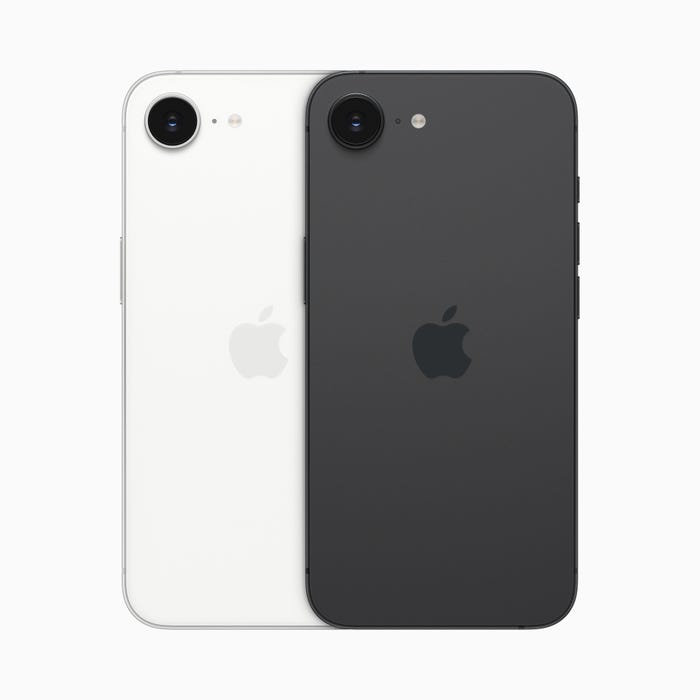Vodafone strikes $1.5B cloud and AI deal with MicrosoftVodafone strikes $1.5B cloud and AI deal with Microsoft

When it comes to the public cloud, Vodafone is strictly polygamous. “We are one third AWS and one third GCP [Google Cloud Platform], and the final third is split between OCI [Oracle Cloud Infrastructure] and [Microsoft] Azure,” Scott Petty, Vodafone’s chief technology officer, told reporters in August 2023, reeling off a list of famous and not-so-famous public cloud names. The approach hasn’t changed, it insists. But under a major ten-year deal announced today, Vodafone will be leaning very heavily on Microsoft.
Providing further evidence of Big Tech’s unstoppable march into the telecom industry, it will see Vodafone invest as much as $1.5 billion in a range of Microsoft-backed technologies. Perhaps most significant is the rejigging of the IT estate. Currently, Vodafone hosts customer relationship management and other IT workloads on tens of thousands of x86 servers installed in its own data centers. Henceforth, those workloads will shift to Azure. M-Pesa, Vodafone’s mobile money platform in Africa, will also be housed on the Microsoft cloud platform.
This is not, however, a step toward using the public cloud for the network side of the business. Like most other big European operators, Vodafone remains adamant that its 5G core functions and other telco workloads are going to remain on-premises. Its position contrasts with that of US operators like AT&T and Dish Network, which have been adopting public-cloud technologies to support 5G. “Our view would be that’s too risky and that you are almost outsourcing a core competency,” Petty told Light Reading in October 2021. His views seem no different now.
Generative AI ramps up
If Vodafone’s public cloud move promises the biggest savings, its embrace of generative artificial intelligence (AI) – just a day after the International Monetary Fund (IMF) warned of the technology’s threat to white-collar jobs – will probably garner most attention. In August, when Vodafone flagged generative AI partnerships with both Microsoft and Google, Petty said use cases were “100% internal” and that he was not ready to expose the technology directly to customers. But he appears to be less wary five months on.
Under the arrangement announced today, Microsoft-backed OpenAI, the company behind ChatGPT, is to be deployed “across all Vodafone customer touchpoints.” That appears to include TOBi, the customer-facing chatbot that Vodafone originally built with IBM’s Watson technology. Thanks to OpenAI, customer-facing websites should in future serve up more tailored information in response to queries, based on factors such as the customer’s location, according to a Vodafone spokesperson. On the chatbot side, employees will also be able to make use of Microsoft Copilot as a kind of digital assistant.
To read the complete article, visit Light Reading.



